SecurityPal: Bridging Silicon Valley and Silicon Peaks
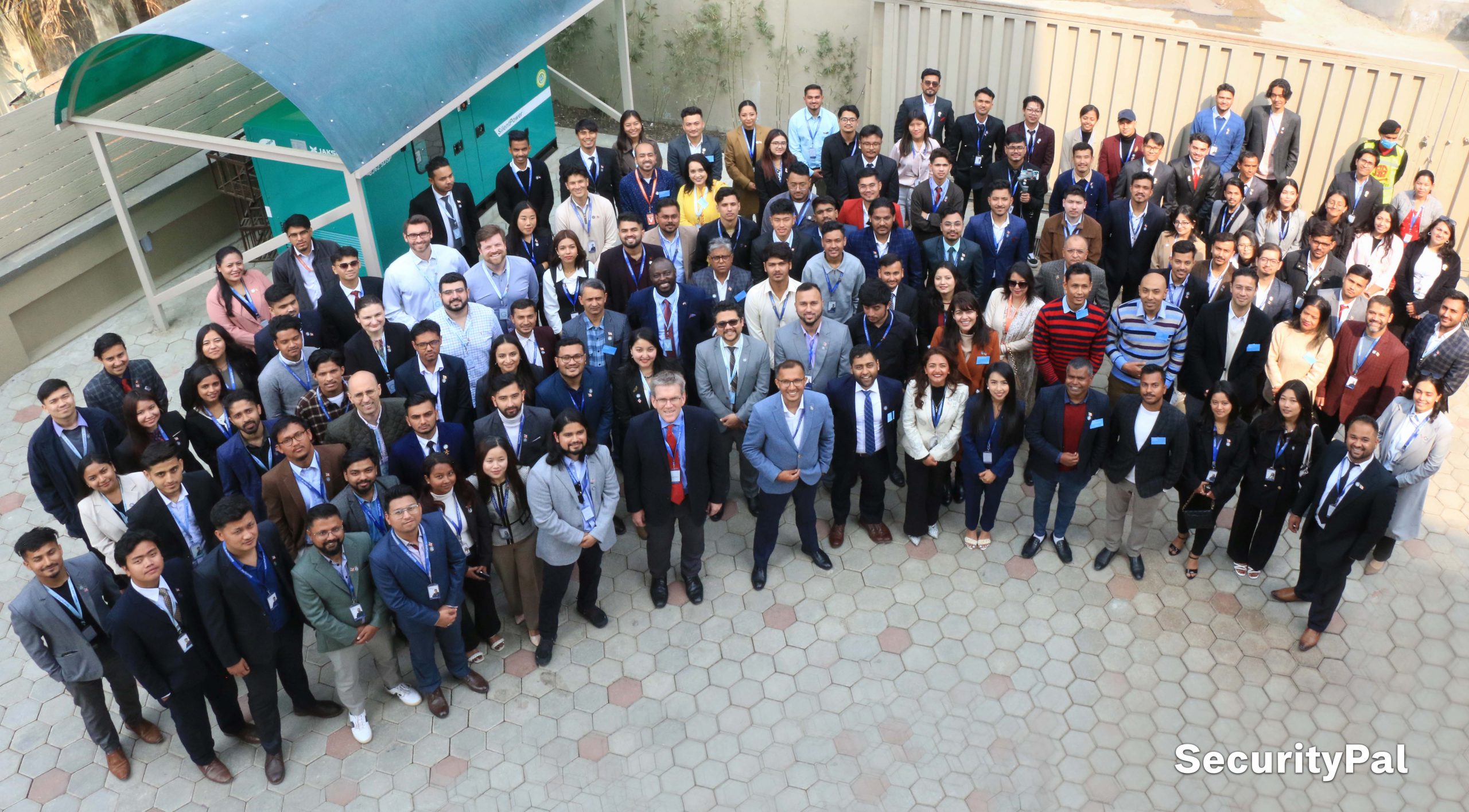
Kathmandu, Nepal – SecurityPal, a leading AI security startup, has been making waves in the tech industry by helping major AI companies complete security questionnaires. Since 2023, the company has been operating a 24/7 command center in Kathmandu, Nepal, leveraging the region’s untapped technology talent.
A Strategic Time Advantage
At 10:00 p.m. in San Francisco, it’s 11:45 a.m. the next day in Kathmandu. This nearly fourteen-hour time difference allows SecurityPal to stay ahead of its customers’ needs. “If a customer could send us a questionnaire by 5:00 p.m. and it was back in their inbox at 6:00 or 7:00 a.m. in the morning, that would be like magic,” said CEO Pukar Hamal.
From Manual to Automated Processes
Founded in San Francisco in 2020, SecurityPal opened its Kathmandu command center two years ago. The center now employs almost 200 workers, primarily in their 20s and 30s, with expertise ranging from cybersecurity to economics. Initially, employees manually filled out security questionnaires, but the company quickly found ways to automate the process. Today, SecurityPal’s analysts create “discrete” question and answer pairs using AI, building a repository of over 2 million pairs for customer requests.
Serving Top AI Companies
SecurityPal has secured high-profile clients like OpenAI, Langchain, and Cursor, making the security review process easier for enterprise companies. These companies are typically vetted through complex security questionnaires covering data handling, vulnerability identification, and physical security measures.
Adapting to AI Advancements
As AI technology advances, SecurityPal has noticed increased “paranoia” in the questionnaires. “Companies have a hard time digesting what’s happening with their data,” Hamal said. Questions have become more nuanced, especially for large language model providers, who inquire about model usage, training, and hosting.
A Growing Workforce
SecurityPal serves 200 to 300 customers annually, most of which employ 500 to 1000 people or more. One-fifth of its customer base consists of publicly traded companies. Valued at $105 million during its Series A funding round in 2022, the company’s current valuation has since increased.
From Silicon Valley to Silicon Peaks
CEO Pukar Hamal, born in Nepal, left Kathmandu for New York at age 7. After studying international relations at Stanford, he entered the tech industry, launching his first startup, Teamable, in 2016. With SecurityPal, Hamal initially considered locations like India and the Philippines for a second base but ultimately chose Nepal due to its untapped talent pool, Business Insider writes.
Nepal’s Untapped Talent
From 2000 to 2016, the number of Nepali students enrolled in degree programs abroad surged by 835%. Many returned home during the COVID-19 pandemic, bringing back technical skills that rival those of Silicon Valley workers. Hamal sees potential in this talent pool, coining the term “Silicon Peaks” to describe the region’s technology talent.
Economic Growth in Nepal
Since 2018, Nepal’s economy has steadily grown, driven by the services sector and agriculture. Through its Kathmandu base, SecurityPal aims to reshape perceptions of Nepal’s workforce, traditionally seen as providers of physical labor. “The talent has always been there, but the perception was that it skewed more on the brawn side. Now, it’s the brain,” Hamal said.
SecurityPal’s success story highlights the potential of Nepal’s technology talent and its strategic advantage in the global tech industry.






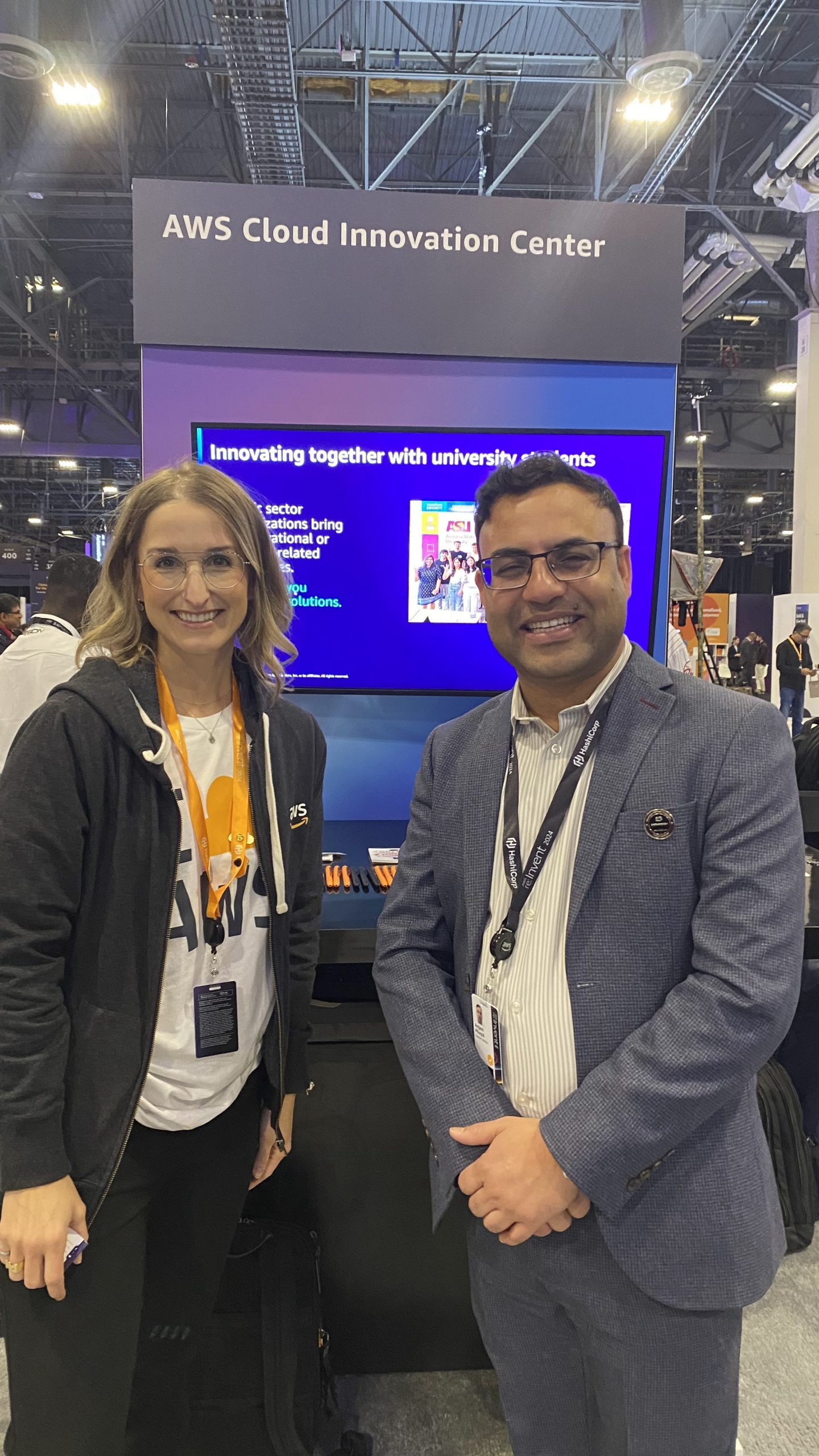

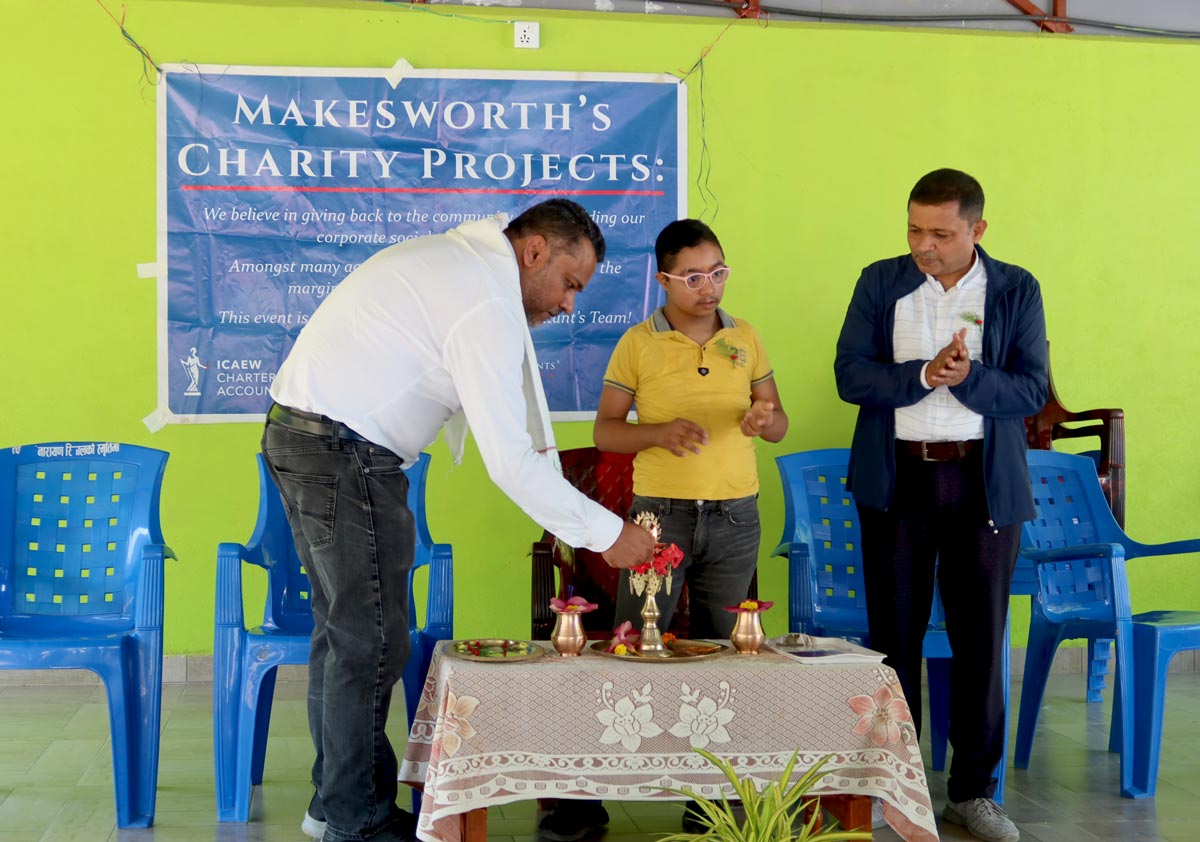
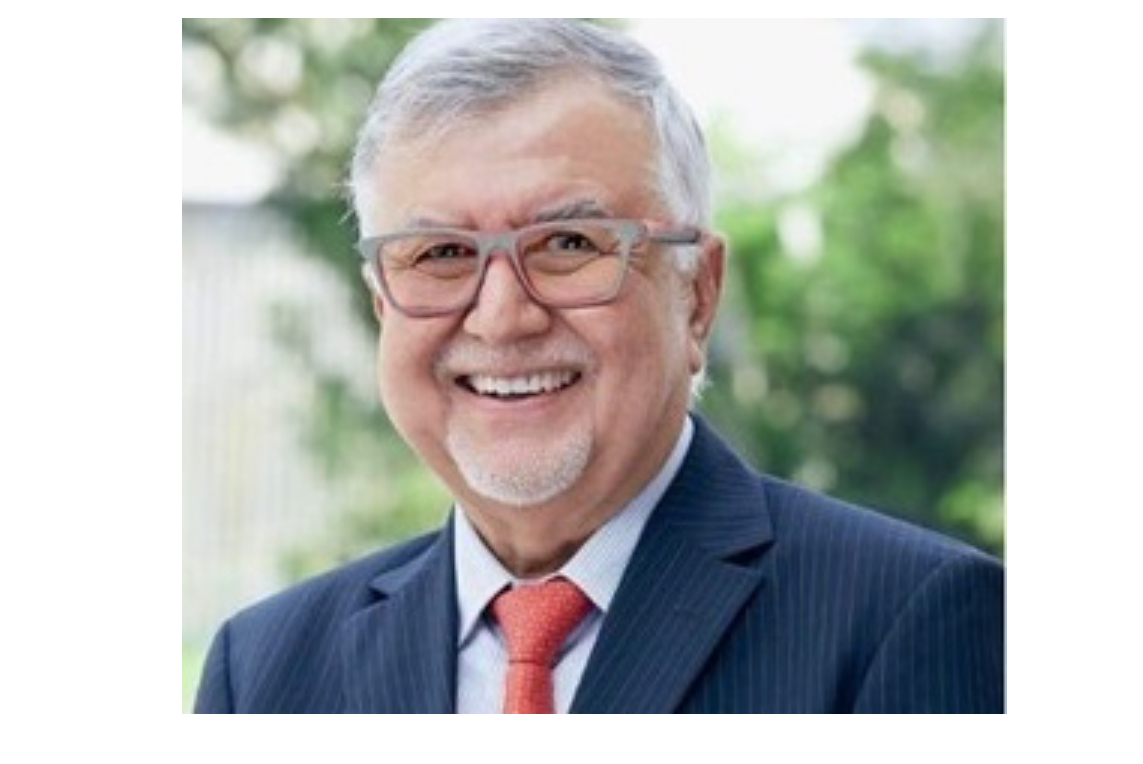

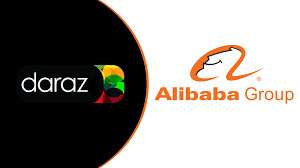







Facebook Comments